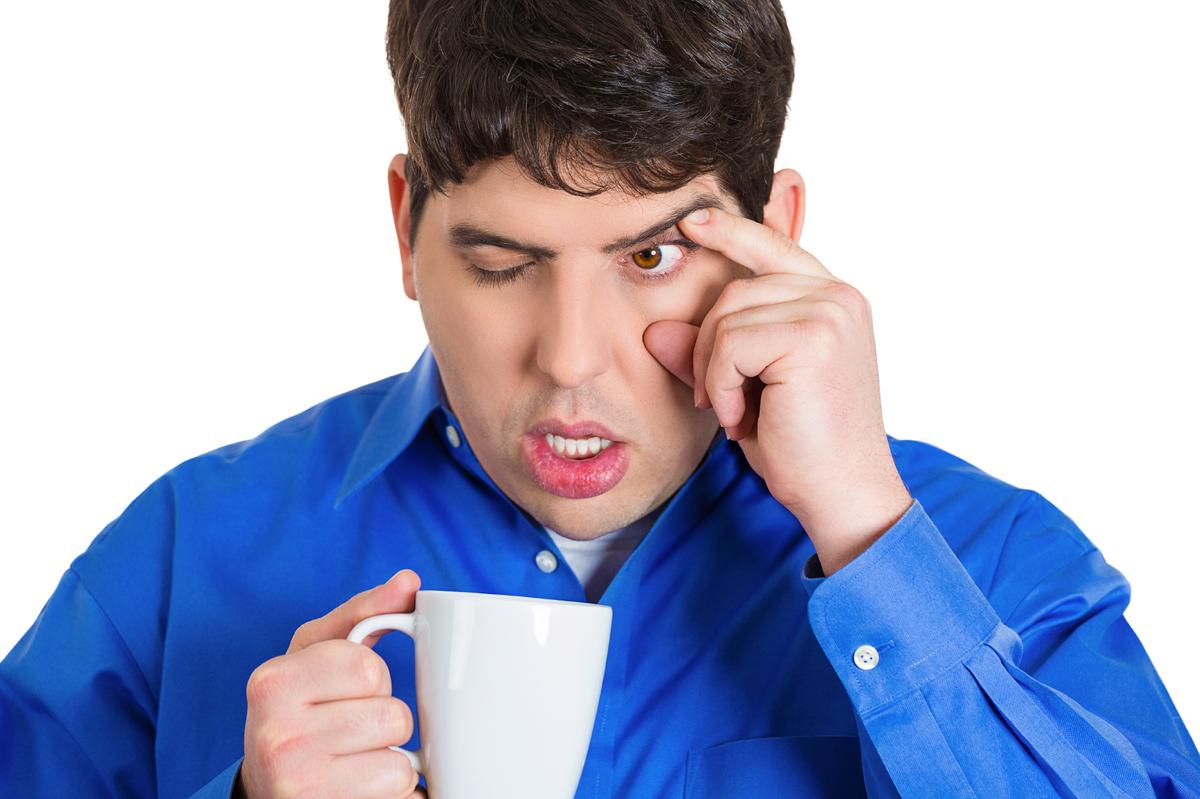Experts urge adults to get between seven and nine hours of sleep a night. Children and teens may need as much as 10 hours. But for many, recommendations don’t reflect reality. A recent Gallop poll finds that 42 percent of Americans get less than seven hours a night.
According to the Centers for Disease Control (CDC), insufficient sleep is a public health epidemic. The CDC links sleep loss to a rise in driving accidents, industrial disasters, and medical error. Science suggests a lack of sleep may also contribute to another public health epidemic: obesity.
The emerging picture of sleep research suggests that a lack of sleep may cause weight gain. One reason is less physical activity. Sleep loss leaves us lethargic during the day, with no energy left to exercise.
Studies also find that sleep loss leads to poor decision making, a lack of impulse control, and an increased desire for simple carbohydrates and salt. This means we’re more likely to crave junk food and, to make up for our loss of energy, eat more of it.
Sleep loss also slows metabolism. Studies show that even with the same amount of physical activity and same calorie restricted diet, well-rested people burn significantly more calories and fat than sleep deprived individuals.
The problem only gets worse as we get older. According to Dr. Aneesa Das, a sleep specialist at Ohio State University’s Wexner Medical Center, chronic sleep loss fuels a vicious downward spiral.
“As we gain weight, we have more fragmented sleep because we have snoring, which can make us develop sleep apnea, which makes you more tired and fatigued, which makes you more sedentary, which makes you gain weight, which affects your sleep apnea, which makes you less active,” Das said.
Anatomy of an Epidemic
We live in a world of worries and responsibilities that our ancestors could not have related to, with an unprecedented array of stimulation they could never have imagined. It’s no wonder we can’t sleep, but the most popular strategies to fix it only mask the problem, and may even make it worse.
One common method for insomnia is alcohol, something sleep experts advise to avoid at least two to three hours before going to bed. True, booze makes you tired, but it also hurts sleep quality, because you wake up more frequently during the second half of your sleep cycle.







